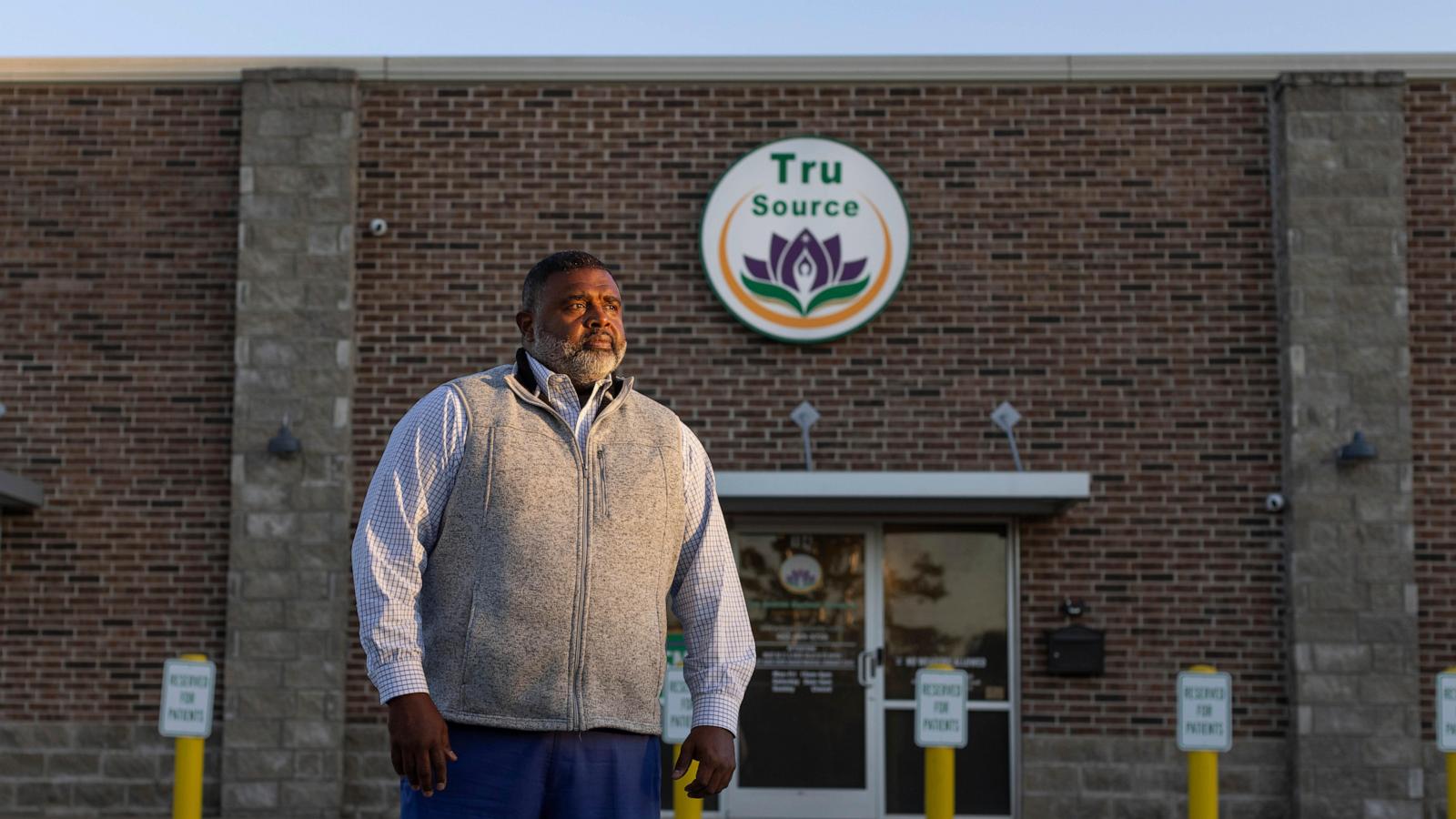Grimmway Farms is recalling 365 Whole Foods Market brand organic carrots from the marketplace because of possible E. coli O121 contamination. This recall was triggered by a recall in the U.S. by Grimmway Farms of 35 brands and weight sizes of organic carrots and baby carrots. For photos and label… Continue Reading Food Recalls, 2024 outbreaks, 2024 recalls, 365 Whole Foods Market, Canada, CFIA, E .coli, Grimmway Farms, Organic carrots Food Safety News
Grimmway Farms is recalling 365 Whole Foods Market brand organic carrots from the marketplace because of possible E. coli O121 contamination.
This recall was triggered by a recall in the U.S. by Grimmway Farms of 35 brands and weight sizes of organic carrots and baby carrots. For photos and label information on the U. S. recalled carrots, click here.
The U.S. recalled products are connected to an outbreak of E. coli infections under investigation by the FDA.
The Food and Drug Administration reported the outbreak on Nov. 17, saying that there are 39 confirmed patients. Fifteen patients have required hospitalization and one has died. So far, 27 patients have been interviewed, with 26 of them reporting eating eating carrots before becoming ill.
According to the Canadian Food Inspection Agency (CFIA), the recalled products were distributed in British Columbia and Ontario, Canada.
About E. coli infections
Anyone who has eaten any of the recalled carrots and developed symptoms of E. coli infection should seek medical attention and tell their doctor about their possible exposure to the bacteria. Specific tests are required to diagnose the infections, which can mimic other illnesses.
The symptoms of E. coli infections vary for each person but often include severe stomach cramps and diarrhea, which is often bloody. Some patients may also have a fever. Most patients recover within five to seven days. Others can develop severe or life-threatening symptoms and complications, according to the Centers for Disease Control and Prevention (CDC).
About 5 to 10 percent of those diagnosed with E. coli infections develop a potentially life-threatening kidney failure complication, known as a hemolytic uremic syndrome (HUS). Symptoms of HUS include fever, abdominal pain, feeling very tired, decreased frequency of urination, small unexplained bruises or bleeding, and pallor.
Many people with HUS recover within a few weeks, but some suffer permanent injuries or death. This condition can occur among people of any age but is most common in children younger than five years old because of their immature immune systems, older adults because of deteriorating immune systems, and people with compromised immune systems such as cancer patients.
People who experience HUS symptoms should immediately seek emergency medical care. People with HUS will likely be hospitalized because the condition can cause other serious and ongoing problems such as hypertension, chronic kidney disease, brain damage, and neurologic problems.
Recalled products:
365 Whole Foods Market – Organic Carrots
- Size – 454 g
- UPC – 0 99482 46571 1
- Codes – All products sold from August 14 to October 23, 2024 inclusively
365 Whole Foods Market – Organic Carrots
- Size – 907 g
- UPC – 0 99482 46572 8
- Codes – All products sold from August 14 to October 23, 2024 inclusively
365 Whole Foods Market – Organic Carrots
- Size – 2.3 kg
- UPC – 0 99482 40581 6
- Codes – All products sold from August 14 to October 23, 2024 inclusively
365 Whole Foods Market – Organic Baby Carrots
- Size – 454 g
- UPC – 0 99482 40583 0
- Codes – All Best Before dates from September 11 to November 2, 2024, inclusively
365 Whole Foods Market – Organic Baby Carrots
- Size – 907 g
- UPC – 0 99482 46565 0
- Codes – All Best Before dates from September 11 to November 2, 2024, inclusively
365 Whole Foods Market – Organic Petite Carrots
- Size – 340 g
- UPC – 0 99482 46567 4
- Codes – All Best Before dates from September 11 to November 2, 2024, inclusively
As of the posting of this recall, there have been no reported illnesses associated with the consumption of these products in Canada.
Consumers should not consume, use, sell, serve or distribute recalled products
(To sign up for a free subscription to Food Safety News, click here.)







